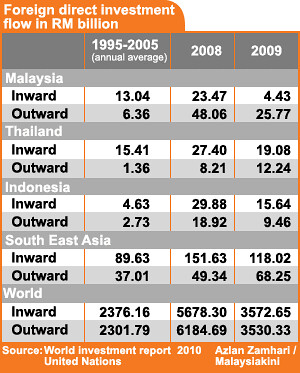Making Sens
By Tan Siok Choo
26th July 2010
A CIVIL servant makes a speech. Heavily edited and later publicised, the speech makes the speaker appear racially biased. Journalists and politicians suggest the civil servant should be sacked. After the civil servant resigns, the full speech is published showing its theme of racial reconciliation had been turned into a racist rant.
This incident happened not in Penang but in the US. Nevertheless, last week’s fiasco involving Shirley Sherrod, state director of rural development in Georgia, provides a useful counterpoint to the spat between Penang Chief Minister Lim Guan Eng and State Development Officer (SDO) Nik Ali Mat Yunus.
In the US, Sherrod’s speech was edited by a conservative group to suggest she had discriminated against a white farmer. Last Monday, Fox News Channel aired the edited excerpt and host Bill O’Reilly called for Sherrod’s resignation. Agriculture Secretary Tom Vilsack obliged and asked Sherrod to leave.
However, the unedited version of Sherrod’s speech showed the black civil servant had helped the white farmer and was recounting the experience to illustrate that race should never be considered in dealings with others.
Thereafter, President Barack Obama telephoned the US Agriculture Department employee to express his regret over her forced resignation while Vilsack offered Sherrod his apologies and a unique new position in the department.
In contrast to the furore in Penang, one aspect of the Sherrod imbroglio stands out. Although the exchanges in the US were heated, they were civilised. Apart from labelling Sherrod a racist, name calling was notably absent. This contrasts with the volleys of verbal vitriol in Penang between Nik Ali and Guan Eng.
This prompts several questions: Is civility now an endangered trait in Malaysia? Why isn’t it possible for two persons to disagree without being disgustingly disagreeable? Continue reading “Civility in the US, vitriol in Penang”

